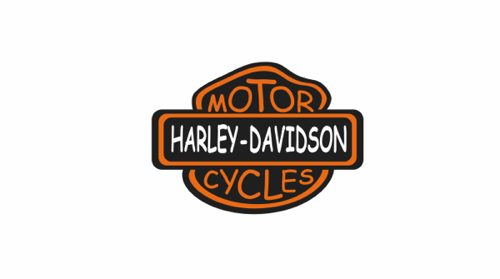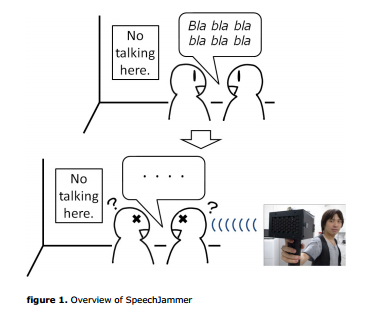2012 Rewind: The Plain Writing Act
Note: I am winding down the last, waning days of 2012 by re-running a few posts from this year that either I liked, were (reasonably) popular, or just didn't get a fair shake the first time around. If that is not your sort of thing, then come back on January 2, 2013 when fresh and tasty content resumes. Thanks for reading in 2012!
This post, 'The Plain Writing Act', ran in April. Looking back on it, the Sonny & Cher picture is probably the highlight, but I liked the piece anyway.
--------------------------------------------------------------------
The Plain Writing Act
This piece from the Washington Post online caught my attention over the weekend - 'Advocates of the Plain Writing Act prod Federal Agencies to Keep it Simple', a review and summary of the 2010 'Plain Writing Act', a law that requires United States Federal agencies to "train agency employees in "plain writing" (defined as writing that is clear, concise, well-organized, and follows other best practices appropriate to the subject or field and intended audience."
 Yes it is a Sonny & Cher pic. It came up when I searched for 'Plain Language' pics.
Yes it is a Sonny & Cher pic. It came up when I searched for 'Plain Language' pics.
The Act proscribes some specific steps for agencies to demonstrate compliance to the new 'Plain Writing' requirements - official agency communications must now use the active voice, avoid double negatives and use personal pronouns. “Addressees” must now become, simply, “you.” Clunky and made-up words and expressions like “incentivizing” (first known usage 1970) are discouraged. The use of internal jargon and acronyms should be limited, etc.
The Act also mandates that Fedeal agencies "designate one or more senior officials within the agency to oversee the agency's implementation of this Act", essentially naming a kind of 'Chief of Plain Writing' within each agency. According to the Post piece, at least some of these appointees are running into some difficulty converting agency communications to meet the 'Plain Writing' guidelines:
“Part of this is we have a change in culture,” said Ed Burbol, the Defense Department’s plain-language coordinator, who oversees two full-time staff members assigned to promoting clearer communication. “We’re going to encounter resistance.”
It might seem kind of odd, or in a cynical 'look at the government, they have no clue as usual' way that an internal Federal agency culture would be at odds with an idea like Plain Writing, which is a concept and a goal that is kind of hard to argue against. But if you think a little bit deeper, and perhaps a little more honestly about organizations that you have worked in, functions you have been responsible for, or even in the current role you possess - can you honestly say you haven't been a little guilty of the same kinds of communication problems or failures that the Plain Writing Act is at least attempting to address?
I know I'd raise my hand to admit that - in fact I am not totally sure this blog post would meet the new criteria. I set out for about 200 words on a simple subject, and on and on it goes. If you have made it this far, congratulations!
And now I ask you close your browser, find a piece of copy on your website, or some HR form instructions, or the 'All Hands' email you are working on and see if it could use some editing, some simplifying, or some 'Plain Writing'.
Have a fantastic Thursda!

 Steve
Steve


